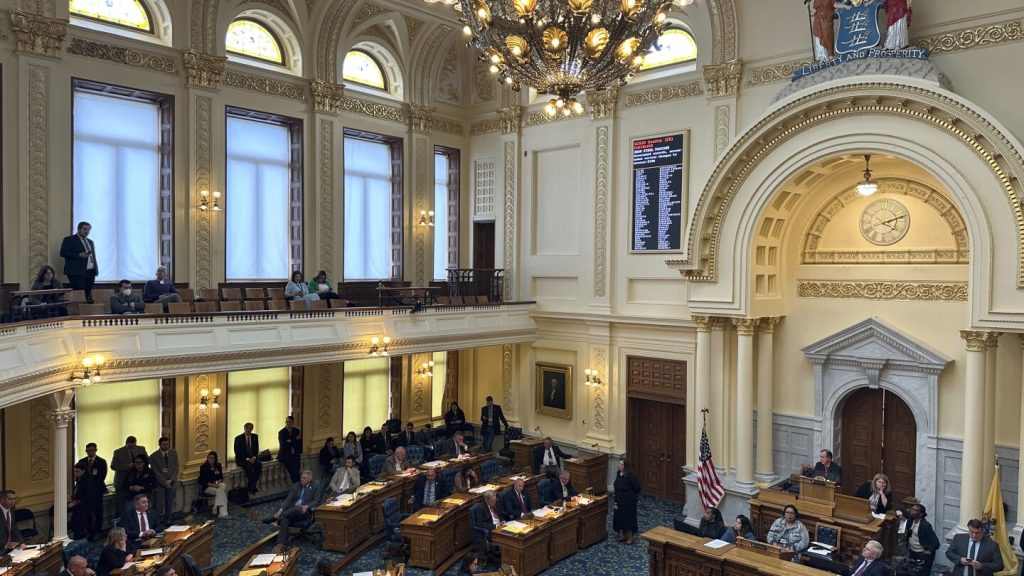New Jersey lawmakers recently passed legislation to overhaul the state’s open public records law, despite objections from civil rights groups and the state’s press association. The legislation, which covers the state’s Open Public Records Act, aims to address the challenges faced by clerks in handling a large number of requests, sometimes from commercial interests. Supporters of the bill emphasize their commitment to transparency, while opponents argue that the measures in the legislation could make it harder to access documents at a time when public trust in government is uncertain. The bill now awaits the approval of Democratic Governor Phil Murphy.
During the Assembly session, members engaged in heated debates before the measure was ultimately passed. Republican Assemblymember Brian Bergen criticized the bill, saying it oppresses the public, while Democratic Assemblyman Joe Danielsen defended the need for updating the Open Public Records Act. The legislation includes provisions such as allowing commercial interests to pay up to twice the cost of producing records, permitting agencies to bring cases to state court against disruptive requesters, and ending the requirement for towns to pay attorneys’ fees in cases they lose over records requests.
The provision regarding attorneys’ fees has been a point of contention, with opponents of the bill expressing concerns about the financial burden it could place on members of the public and news reporters seeking to challenge local and state governments in court. Critics argue that the cost of engaging in litigation could deter individuals from pursuing legal action to obtain public records. The Associated Press, along with other organizations, has raised objections to the legislation and urged its rejection. Despite protests from the gallery, the bill passed in the Senate without any debate.
Opponents of the legislation have criticized the move, accusing lawmakers of voting for more secrecy and government corruption. Attorney CJ Griffin, who frequently represents individuals seeking public records, expressed disappointment with the outcome of the vote. Initially, the proposed bill sought to prohibit commercial records requests, but after facing backlash, legislative leaders made amendments that allowed commercial interests to pay for the release of records. The issue of attorneys’ fees, specifically whether to cap them or mandate towns to pay them in cases of improper record withholding, was a key point of contention among stakeholders.
The debate over New Jersey’s Open Public Records Act reflects broader concerns about government transparency and accountability. While supporters argue that the changes in the legislation are necessary to streamline the records request process and prevent abuse by commercial interests, opponents fear that the provisions could limit access to important information and hinder the public’s ability to hold government officials accountable. As the bill awaits the governor’s decision, stakeholders on both sides continue to advocate for their positions, highlighting the importance of open government practices in a democratic society.


